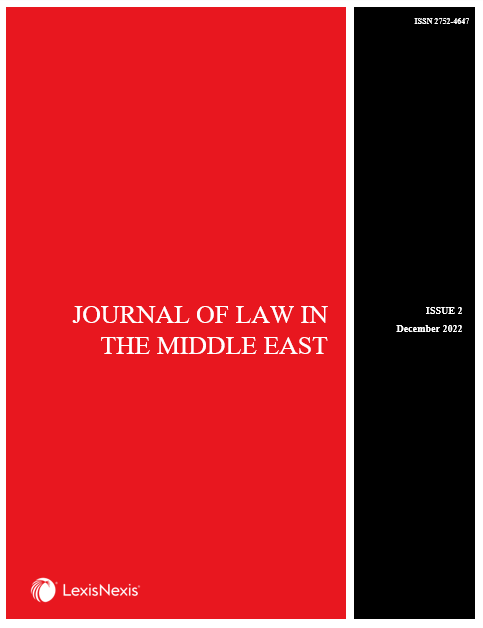Preserving the Local Culture While Modernising Arbitration in Saudi Arabia: A Blessing or a Curse?
Abstract
One of the cornerstones of the Saudi Arabia 2030 vision is to facilitate the flow of private investments in the Middle East. It is against this background that the Saudi Regulator has enacted new regulations with the principal aim to drive confidence in investment by providing investors with a modern framework for an outcourt resolution of their disputes. Even though the New Regul ations are considered to be a great achievement for arbitration in Saudi Arabia, reference to Sharia within the New Regulations may constitute a barrier to the achievement of the proposed underlined goals and may raise some concerns for investors as to the predictability of the set of rules, both procedural and substantive that may apply to their dispute and the enforceability of the ensuing arbitral awards. The purpose of this paper is to study the interaction between Sharia and arbitration in the Kingdom of Saudi Arabia, by analysing whether and to what extent of compliance with the local culture, may undermine the development of arbitration. If so, what may be the solutions that could be taken into account by the Saudi Regulator and Saudi Courts to transform Saudi Arabia into an arbitration friendly jurisdiction and an attractive seat of arbitration.





